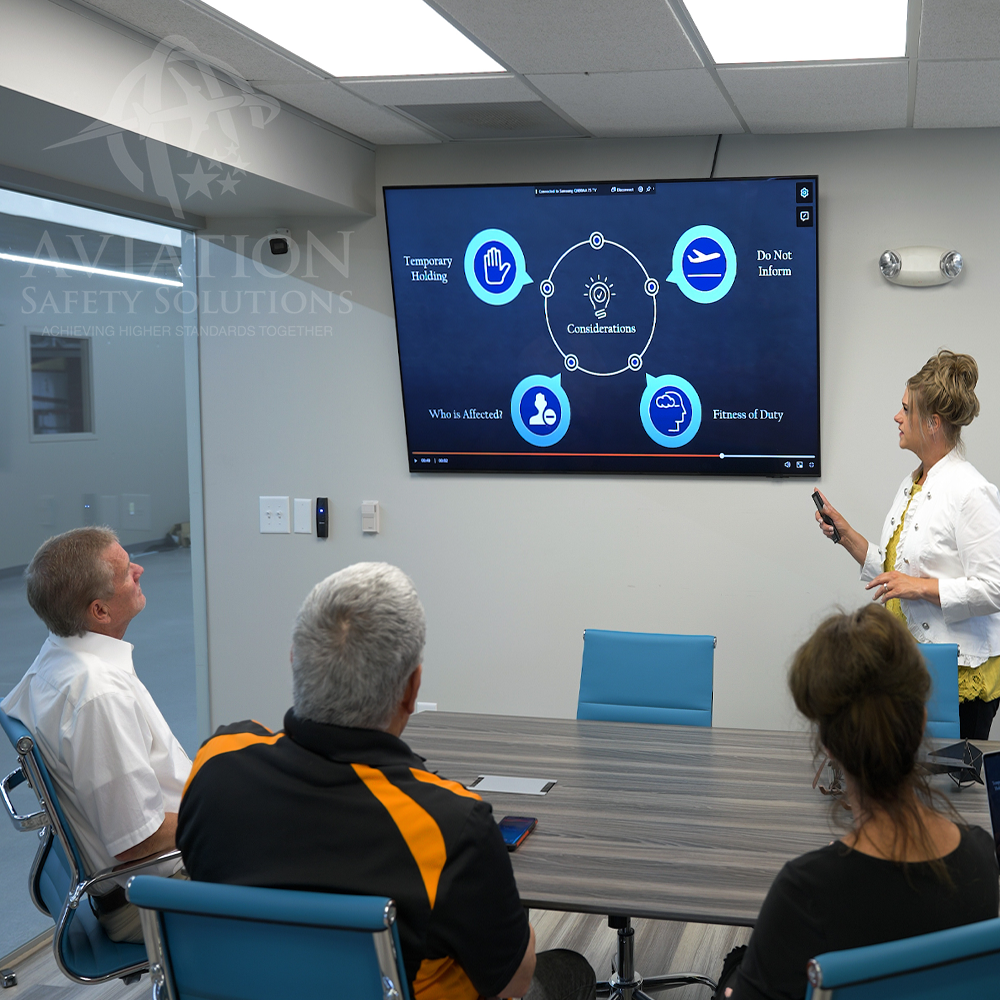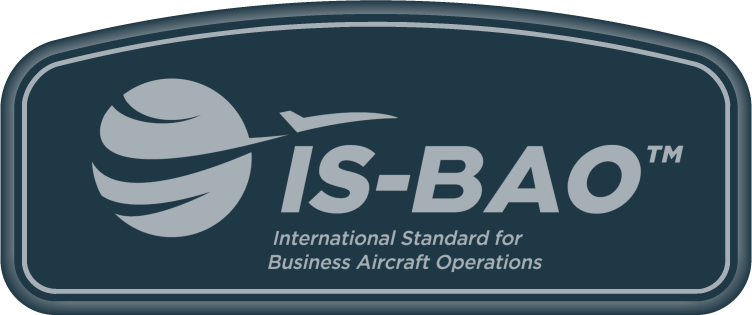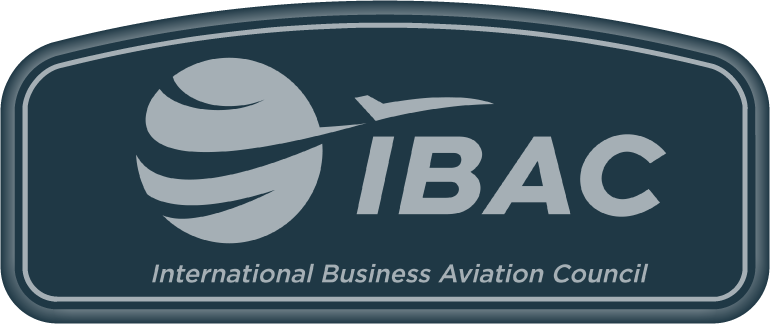Info
&
Insights
Safety Manager as a Mentor: Empowering SMS in Aviation
October 1, 2023

In the dynamic world of aviation safety, the role of a Safety Manager has traditionally been multifaceted, often encompassing the entire Safety Management System (SMS). However, it's time for a paradigm shift. Safety Managers should evolve into facilitators and mentors, guiding organizations to take ownership of their safety processes.
The Traditional Safety Manager
Historically, the Safety Manager held the reins of the SMS, overseeing risk assessments, safety procedures, and incident reporting. This approach centralized safety within the role, creating a bottleneck that hindered organizational growth and innovation.
The New Paradigm - Safety Manager as Mentor
Picture a Safety Manager not as the SMS itself, but as a mentor who empowers the entire organization to embrace safety as a shared responsibility. Here's how this transformation can benefit the aviation industry:
Fostering a Culture of Safety: Safety should be embedded in the DNA of every aviation professional. A mentorship-based approach cultivates a culture where every team member understands their role in safety and actively contributes.
Encouraging Proactive Risk Management: Safety Managers as mentors inspire managers and staff to conduct their risk assessments. This decentralization of responsibility ensures that safety is not just a bureaucratic process but an ongoing commitment.
Promoting Continuous Improvement: Safety is not a static concept. It's a dynamic process that demands constant evaluation and refinement. Safety Managers, in their mentoring role, guide organizations in monitoring and improving safety measures over time.
Nurturing Leadership Skills: Safety Managers should mentor leaders within the organization to be safety advocates. This enables a top-down approach where safety is championed at every level.
Expanding Expertise: As mentors, Safety Managers provide the knowledge and tools needed for personnel to make informed safety decisions independently.
The Path Forward
Transforming the role of a Safety Manager from a centralized figure to a mentor requires a cultural shift within the aviation industry. Organizations must recognize the value of decentralized safety and commit to investing in mentorship and training programs.
In aviation safety, the future is bright when Safety Managers become mentors who inspire, educate, and empower their teams. By shifting from a singularly responsible role to one of guidance and support, the industry can create a safer, more resilient environment where everyone plays an active role in mitigating risks and ensuring safe skies. This evolution represents not only a change in job description but a fundamental transformation in the way we approach aviation safety.
###





